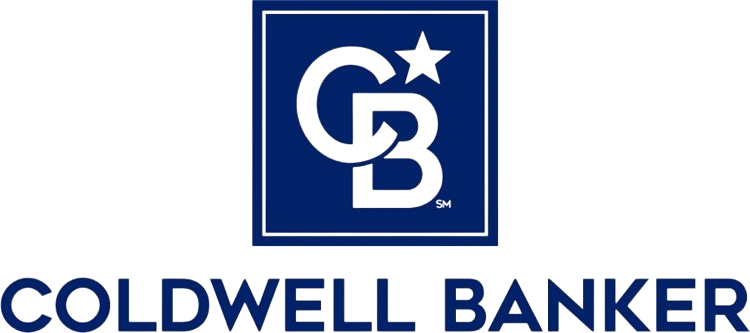Buyers usually get a draft closing cost breakdown from their mortgage lender before applying for the loan. The itemized costs are approximate and provide transparency. If you did not receive it, be sure to ask your lender and make sure that you understand each component. The exact closing cost should be similar to the draft.
Below are brief explanations of the different components.
Loan Costs:
These are fees that lenders charge for processing and/or underwriting the loan. This cost varies depending on the lender.
Loan costs also include points lenders may charge to give the borrower a lower interest rate. This is essentially a way for the borrower to make a payment upfront for a lower interest rate.
Be sure you negotiate the loan costs before application.
Title Costs:
Title cost is the largest non-prepayment component of the closing cost. You could shop for your own title companies. Borrowers are required to purchase lenders title insurance – a form of insurance that protects lenders not the homebuyers from financial loss sustained from defects in the title to a property.
The borrower’s title insurance is optional. Note that the borrower’s interest is not covered by the lenders title insurance.
There are other fees the title company charges before issuing the title insurance, such as title search fees and operational fees. These fees vary depending on the title company and can be negotiated.
Settlement fees are charged to the borrower for the service of preparing and managing the closing. Usually this title company’s work is overlooked by the real estate attorney.
Land surveys are sometimes required by the title company or lender in order to issue the title insurance. It illustrates the boundary of the land and any structures on the land, and also demonstrates possible issues involving encroachments, easements and boundary line disputes. If the previous owner did a survey recently, the new owner can use it. It is a good idea for the buyer to ask if the seller has one handy.
Prepaid Payments
This part will include payments of your mortgage principal and interest for the time between the closing and first mortgage payment. Mortgage payments are usually due at the end of each month or the beginning of the next month. For example, if you are closing on July 15th, your first mortgage payment for August is due on September 1st. The mortgage principal and interest payment from July 15th to July 31st is due at closing.
This section will also include the property tax for the time between closing and your first property tax bill – usually billed by the city bi-annually.
Escrow Payment
An escrow account will be set up by your lender to pay for property tax and home insurance on your behalf. The lender may keep some extra funds in there. At closing, there will be an amount that will go into that bucket. When you sell or refinance, remember to get a refund of any balance remaining in the escrow account.
HOA related
If you are buying a condominium unit, the HOA (homeowners association) will require fees to be paid, including move-in fees, a few months of HOA fees pre-payment and capital contribution. Capital contributions are a few months of HOA fees required to be put in by a new buyer.
Other
Attorney fees are due at closing. Most real estate lawyers require a retainer – a small part of the total attorney fee paid upfront. If the deal doesn’t go through, the upfront payment won’t be refundable.
There are some items that are paid directly to the vendor before closing, like inspection cost, appraisal cost and one year payment of the property insurance.
If you want a free sample closing cost file, download it below.






